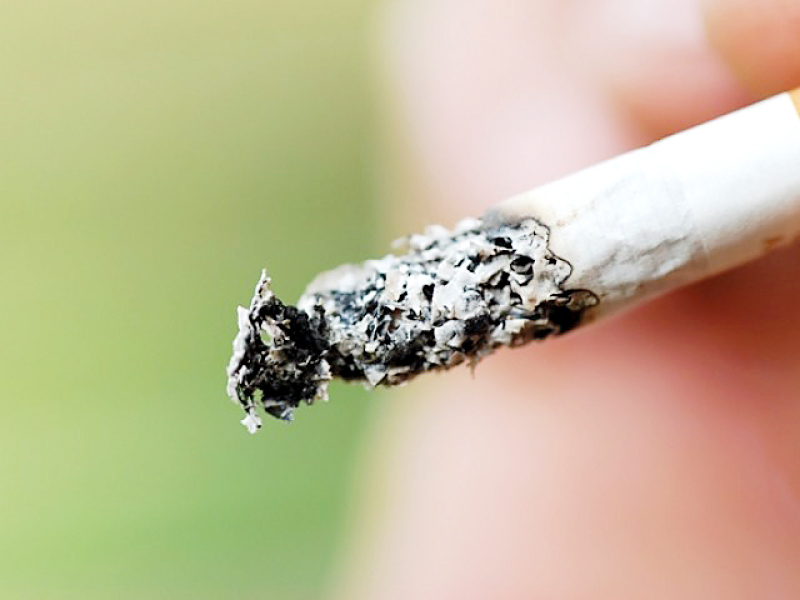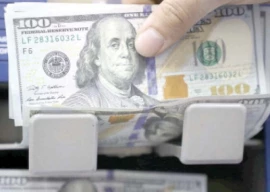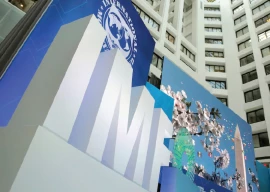
"It is natural the government wants more revenue through taxes from the tobacco sector, however, it cannot take place if half of the market does not pay taxes and is engaged in illicit trade," Yazbeck told reporters on Friday.
At a virtual press conference, he said the government should increase taxes but at the same time should also consider moderating price elasticity.
"The share of non-tax-paid cigarettes has increased up to 50% from 33% due to increase in excise duty and taxes over the past two consecutive years ie 53% and 23%, respectively," Yazbeck said, adding that two multinational players were paying 98% of total taxes in the tobacco industry.
He pointed out that the minimum consumer price of legal tax-paid cigarette pack was Rs63 whereas the illegitimate counter-brands were sold at Rs25 per pack.
Countering the illicit cigarette trade has always been a demand of multinational firms, which have been in this business since long. In Pakistan, Philip Morris and Pakistan Tobacco Company control 98% of the legitimate market.
The illicit trade is not limited to Pakistan only as other countries are also facing the same issue. However, increase in levies on tobacco products without curbing non-taxpaying brands is not going to work for both multinationals and governments.
Quoting an example of Romania and other European countries, the MD said the same increase in excise duty and taxes was made by their governments and after 18 months they understood that it only increased the share of non-tax-paid tobacco products while government revenue did not increase and no decline in consumption was recorded.
"Similar is the case in Pakistan, the increase in taxes and the share of illicit industry is going to hurt government revenue in this fiscal year and it is increasingly becoming impossible for us to do business in such an environment," he added.
Yazbeck believed that the government could collect Rs45 to Rs50 billion from non-tax-paid tobacco products through enforcement measures while the legitimate industry always supported such measures, and was ready to share information, cooperate with the government and law enforcement agencies.
Responding to a question about the track-and-trace system, Yazbeck said it proved to be a successful strategy in other markets and it would be good for Pakistan as well.
Published in The Express Tribune, May 9th, 2020.
Like Business on Facebook, follow @TribuneBiz on Twitter to stay informed and join in the conversation.
1724668524-0/Untitled-design-(5)1724668524-0-405x300.webp)
















COMMENTS
Comments are moderated and generally will be posted if they are on-topic and not abusive.
For more information, please see our Comments FAQ